There are plenty of benefits that come with growing your own foods and becoming more self-sufficient, but it’s important to know your limitations. Factors like safety regulations, invasive species concerns, or strict local laws mean that some everyday foods are off-limits or highly restricted for home growers. Here are a few foods you might not realize you’re forbidden from growing in your backyard.
Avocado Trees (Certain Regions)
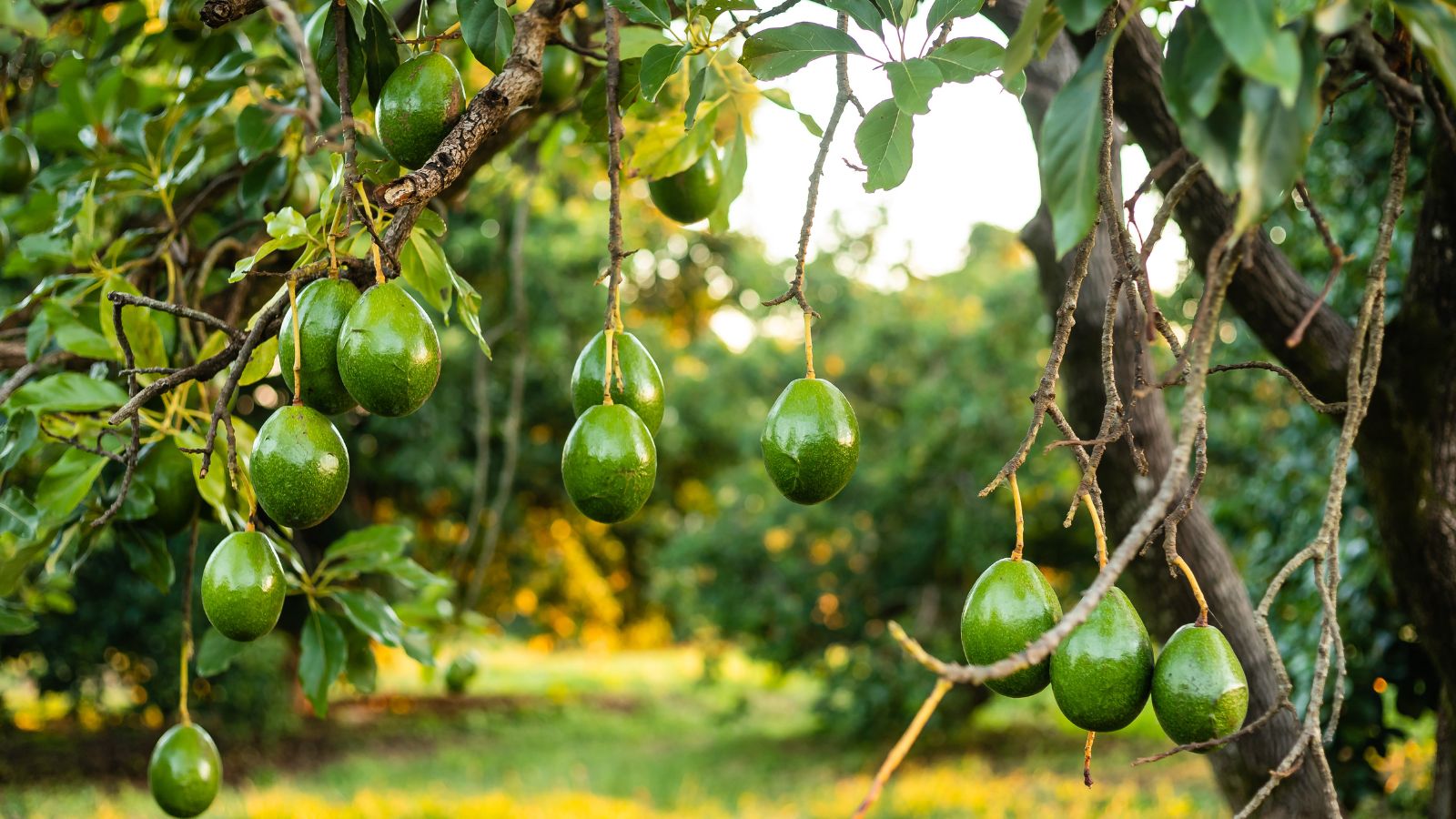
Avocados are super popular these days, so a lot of people are tempted to grow them themselves. However, you should know that avocado trees may be restricted in some areas due to their potential to spread invasive pests, like the avocado seed moth. These pests can really damage local agriculture, so certain states or regions have rules around growing this trendy fruit.
Grapevines (Without Certification)
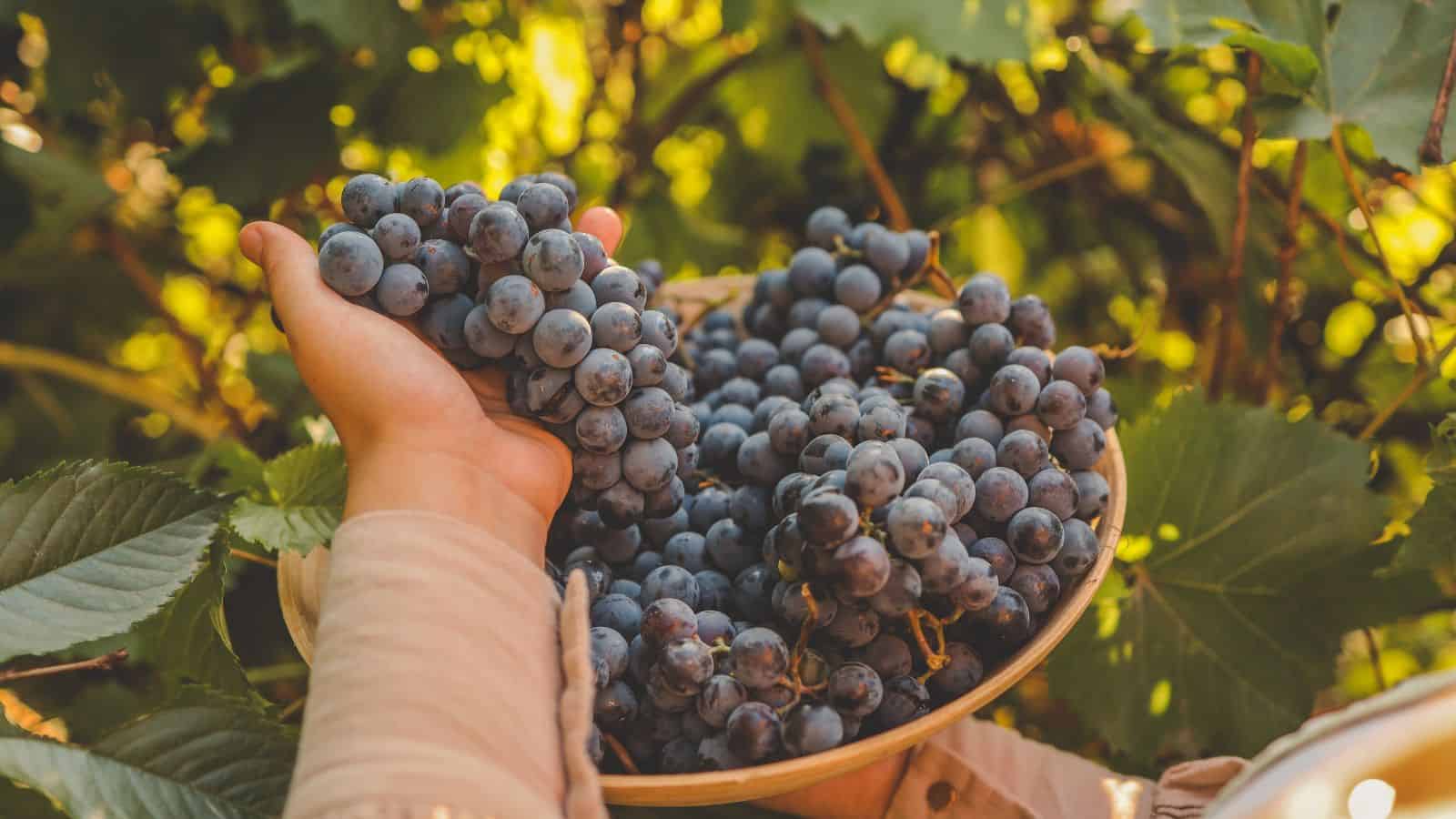
If you’re a big fan of grapes, wine, or raisins, you might want to grow your very own grapevines, but this can be more complicated than it seems. In many regions, you need certification or approval to plant grapevines because they can spread nasty diseases like phylloxera to nearby vineyards.
Wheat
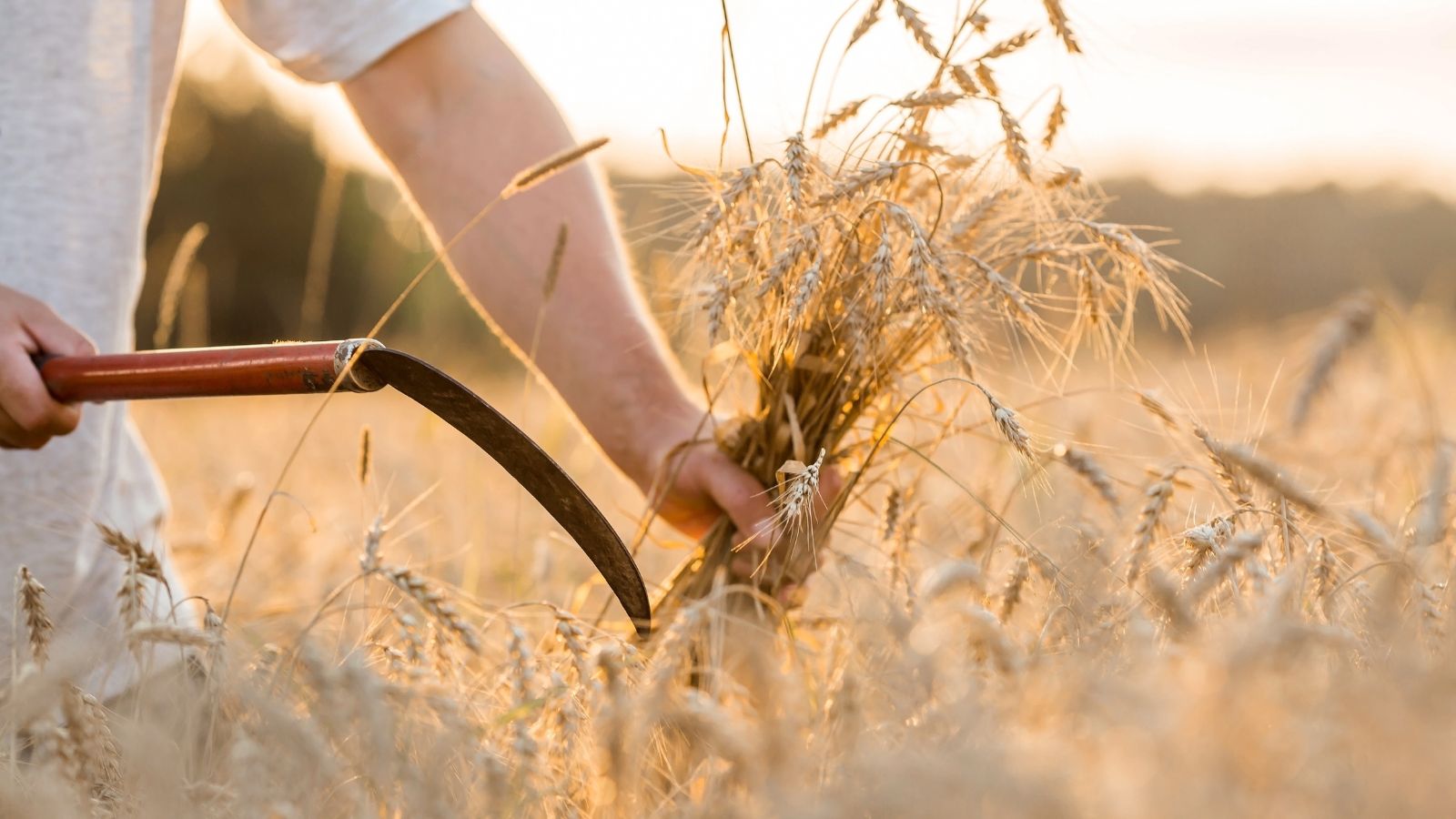
Yes, it’s technically legal to grow wheat in most places, but the USDA and other regulatory bodies closely monitor it because of how much it could impact commercial farming. Diseases like wheat rust can easily spread from a backyard plot to large-scale farms, so it can be a little risky to cultivate at home.
Almond Trees
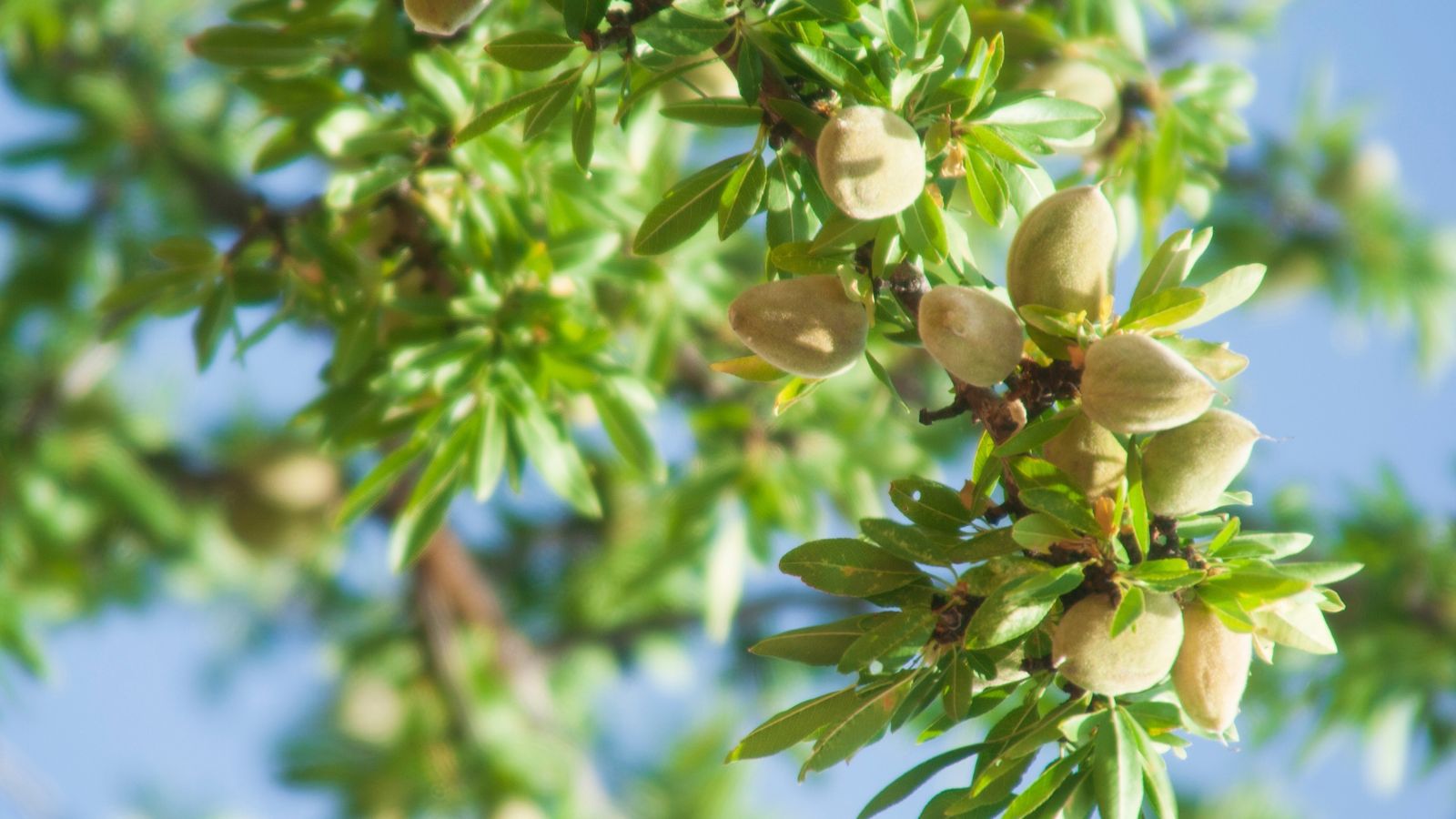
No matter how much you love almonds, it’s not a great idea to grow them yourself. Almond trees require very specific climates and careful pest management, so it’s a difficult task. Plus, in some areas, they’re outright prohibited because of concerns about invasive insects or diseases.
Blackcurrants and Other Ribes Species
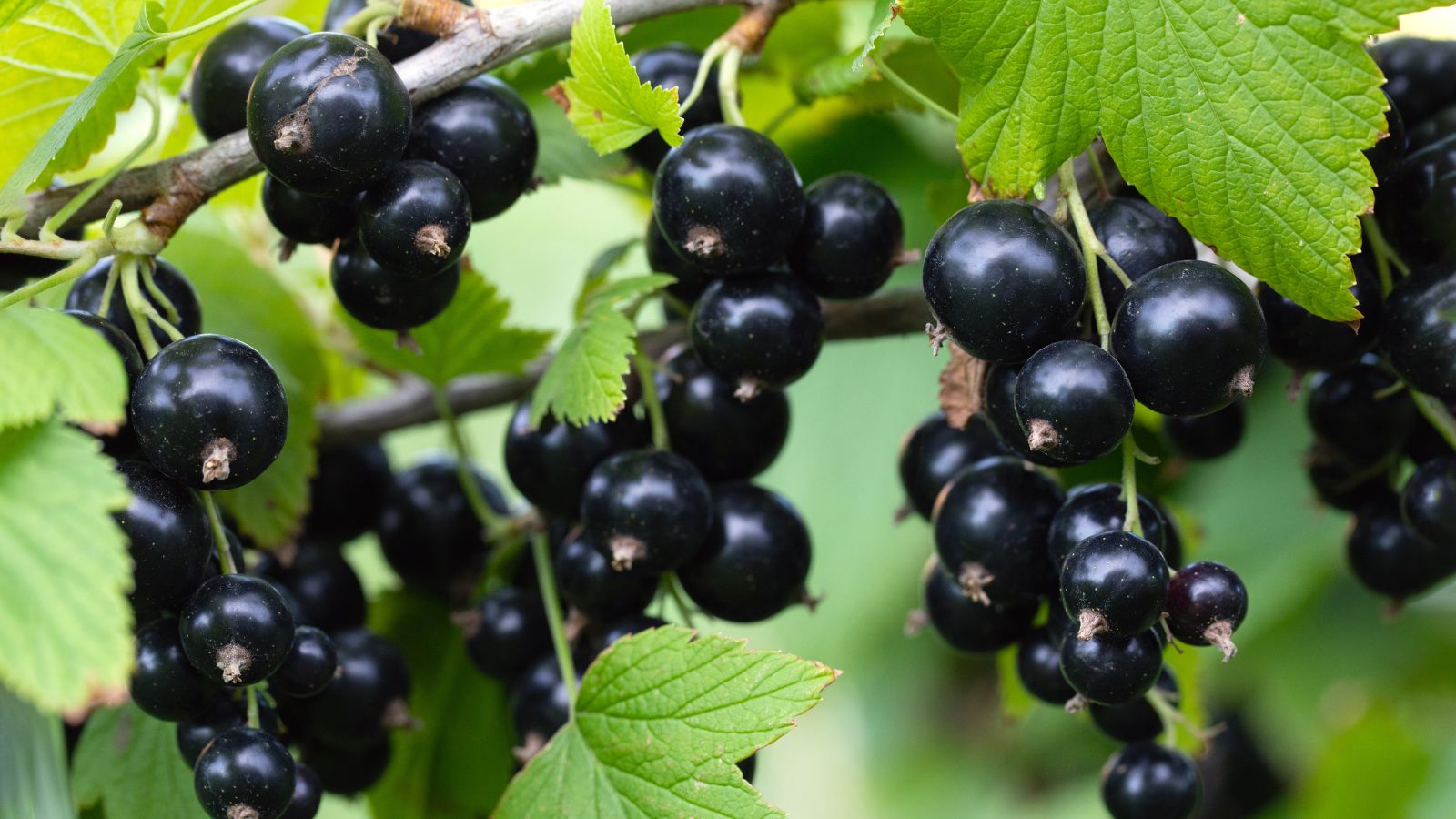
You might be surprised to hear that blackcurrants and other Ribes species have long been restricted in various U.S. states because they’re especially prone to white pine blister rust, a disease detrimental to pine trees. While federal bans have been lifted, several states still have regulations.
Tobacco
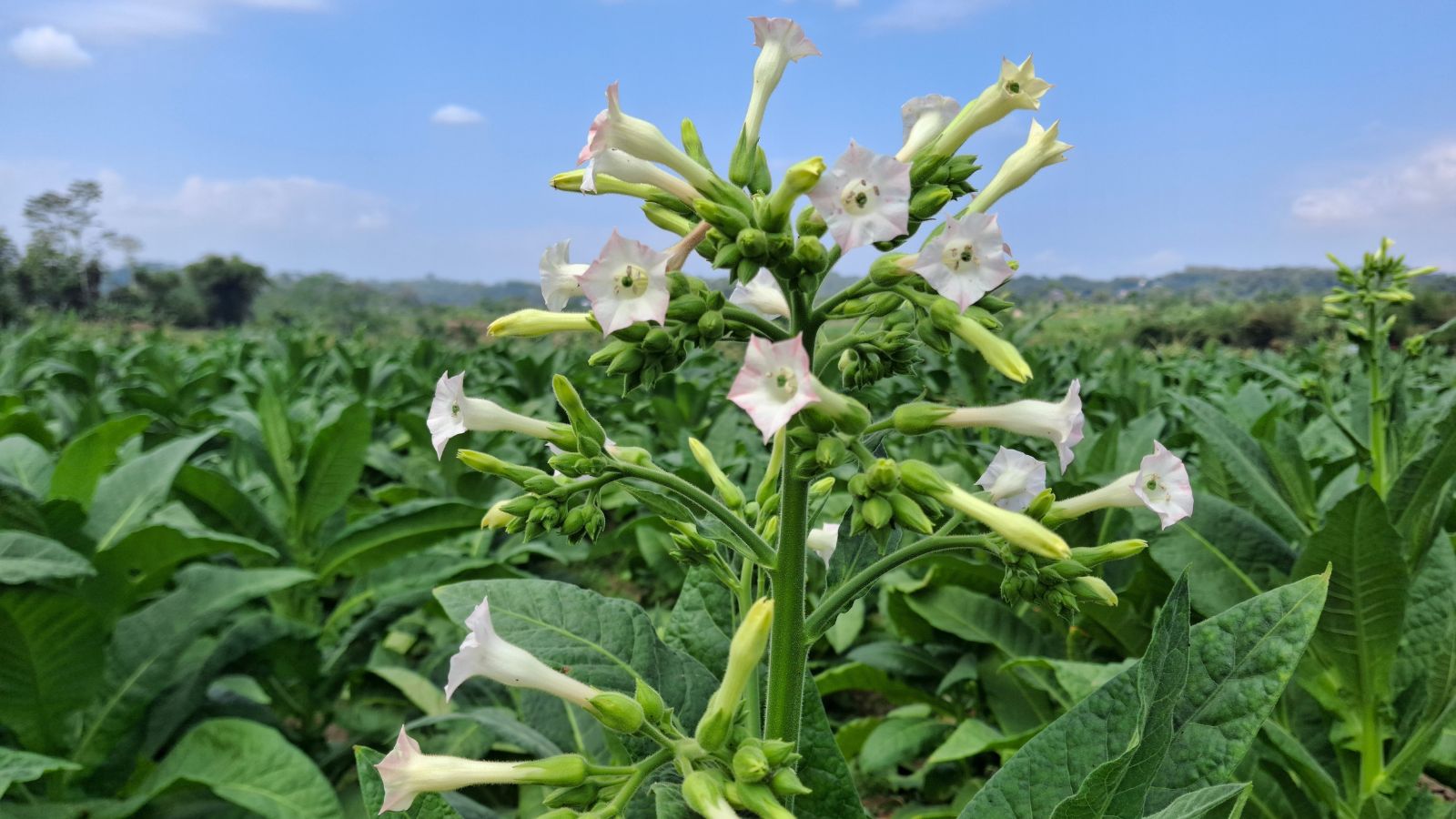
Some people are tempted to grow their own tobacco in order to cut down on costs, but it’s heavily regulated in many places. In fact, producing it without a license is illegal, and processing it at home can be quite dangerous. This combined with the strict laws around growing it makes it more hassle than it’s worth.
Marijuana (in Restricted Areas)
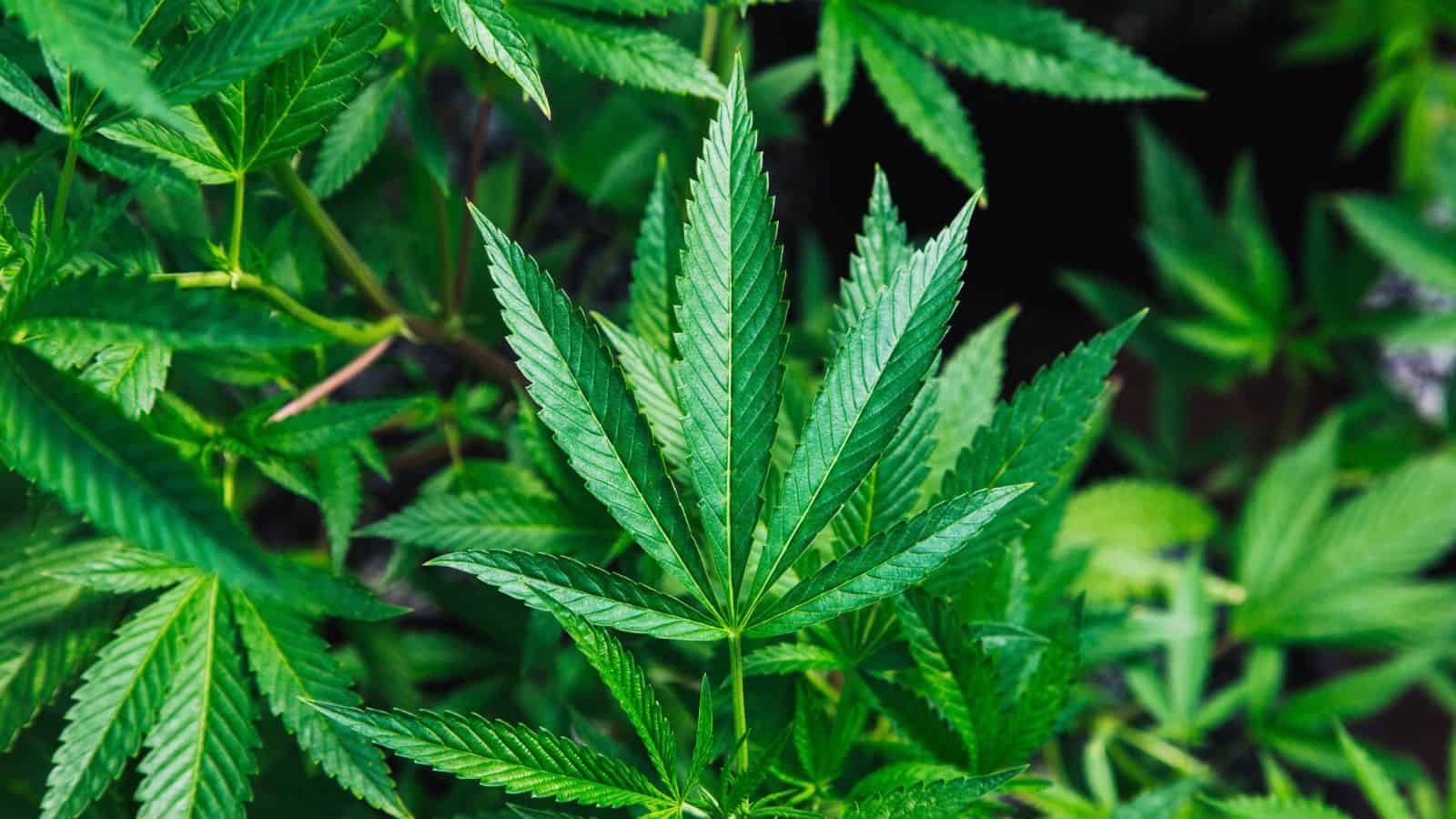
Marijuana may be becoming a more common sight in certain states, but that doesn’t mean you should feel comfortable growing it yourself. In states or countries where marijuana isn’t legalized for personal use, growing even one plant in your backyard is strictly against the law.
Certain Types of Citrus
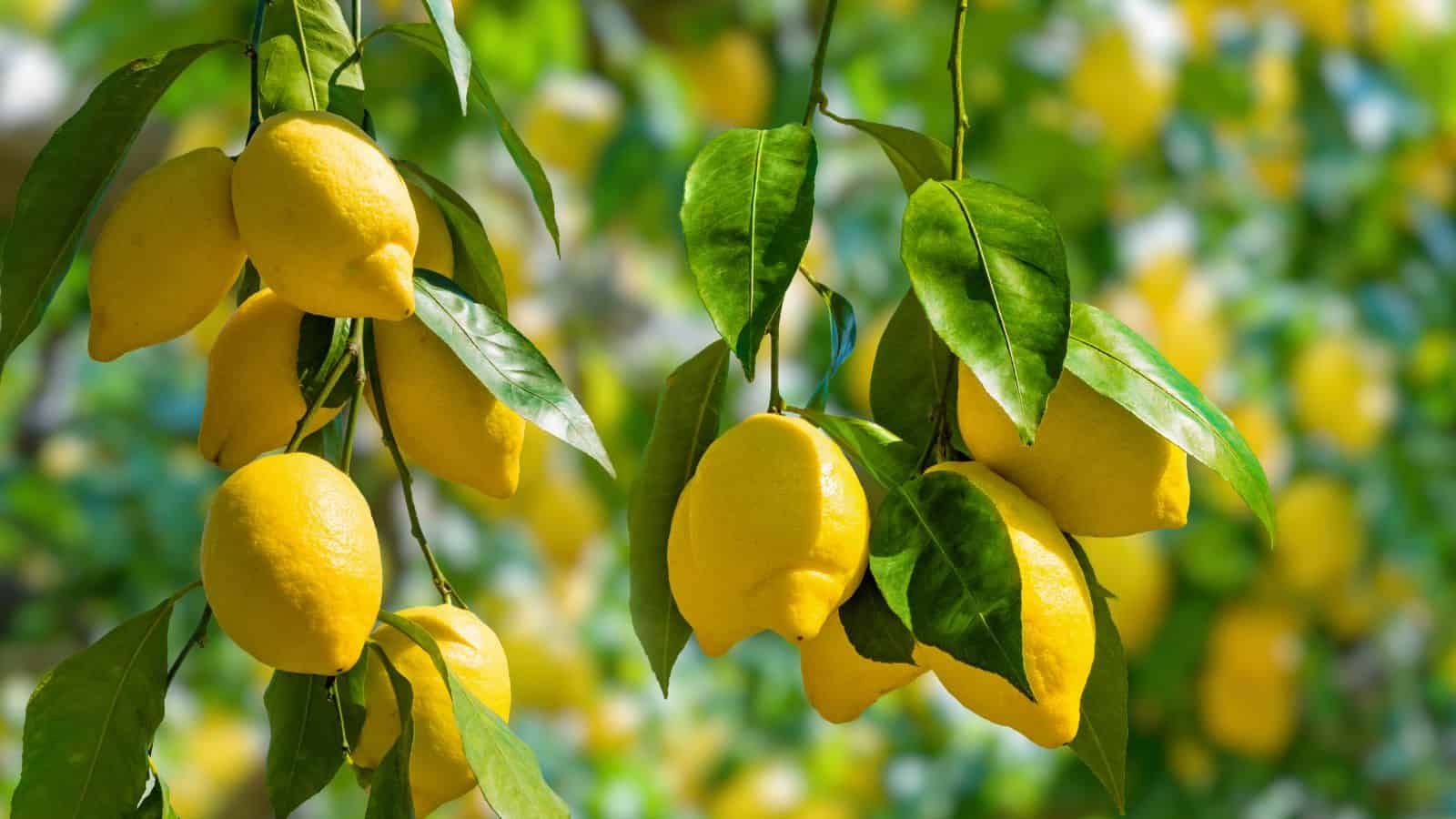
Believe it or not, some citrus plants, like orange, lime, or lemon trees, are regulated in many regions due to the threat of citrus greening disease. This incurable condition can wipe out entire orchards, so backyard growers are warned against planting certain types of citrus trees.
Wild Rice
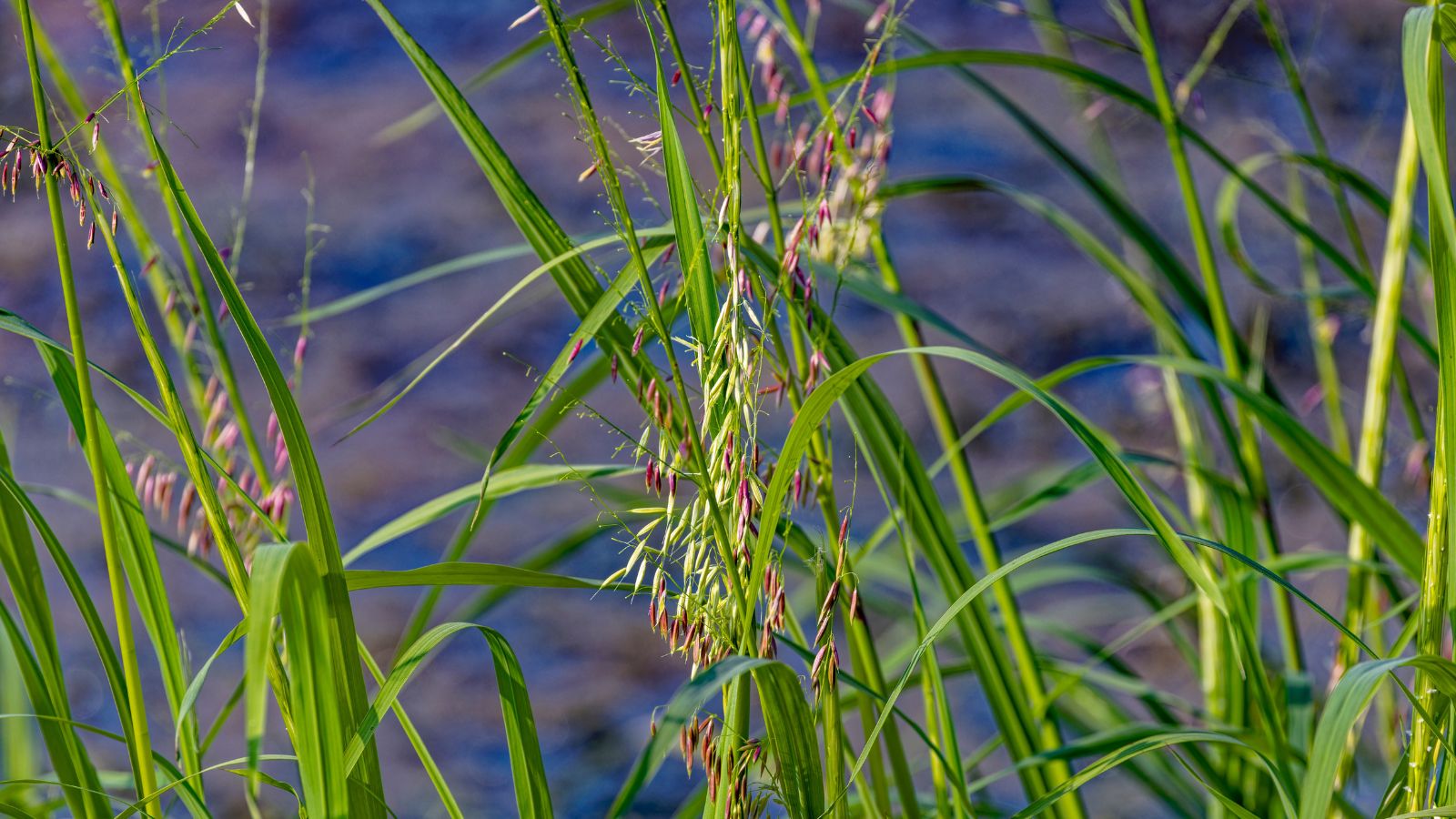
While wild rice might sound fun to grow, it’s actually heavily regulated in some states because of its ecological impact. It’s considered a protected plant in areas where it grows naturally, which means that cultivating it without the proper permissions can lead to fines or legal action.
Absinthe Wormwood
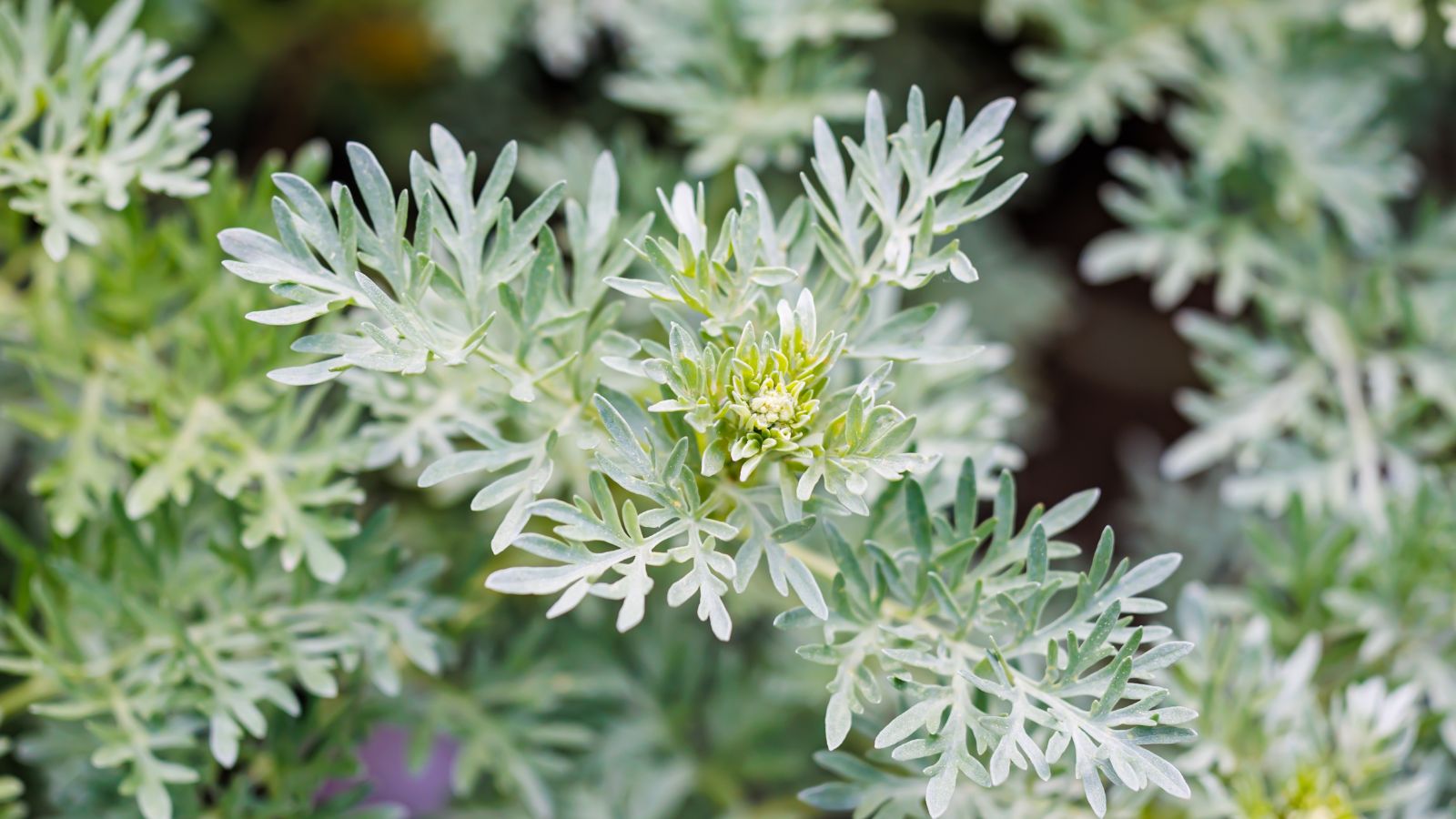
As you may know, wormwood is the plant used to make absinthe, a once-controversial liquor. While growing small amounts may be allowed in some regions, cultivating it for consumption is often quite strictly regulated due to its association with the banned substance thujone.
Cocoa Trees
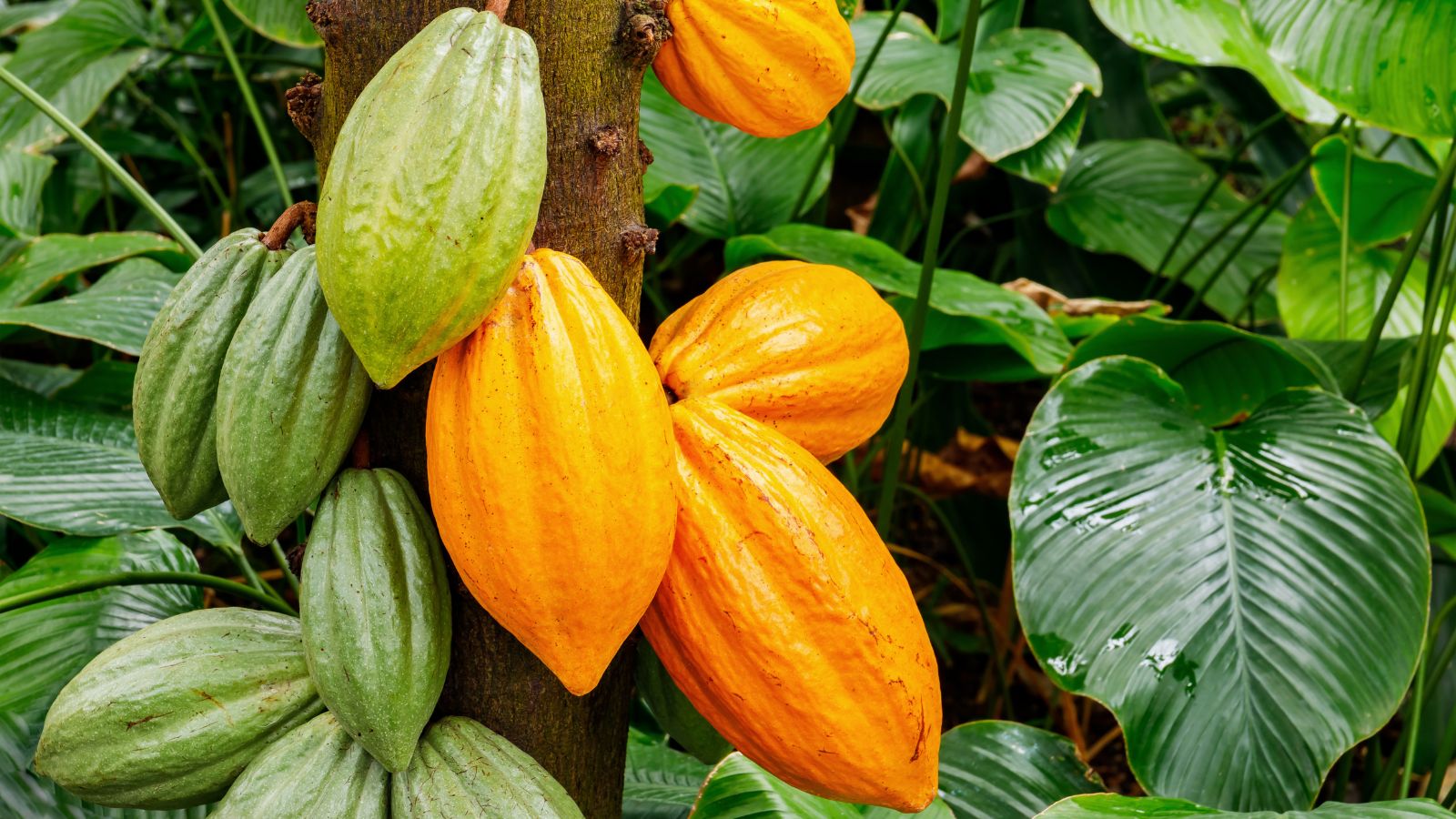
Bad news for the chocolate lovers out there: cocoa trees only grow under very specific conditions, and they’re sometimes restricted because they’re prone to diseases like witches’ broom and frosty pod rot. These diseases can be really damaging to crops if not properly managed, so growing cocoa in your backyard is typically discouraged.
Vanilla Beans
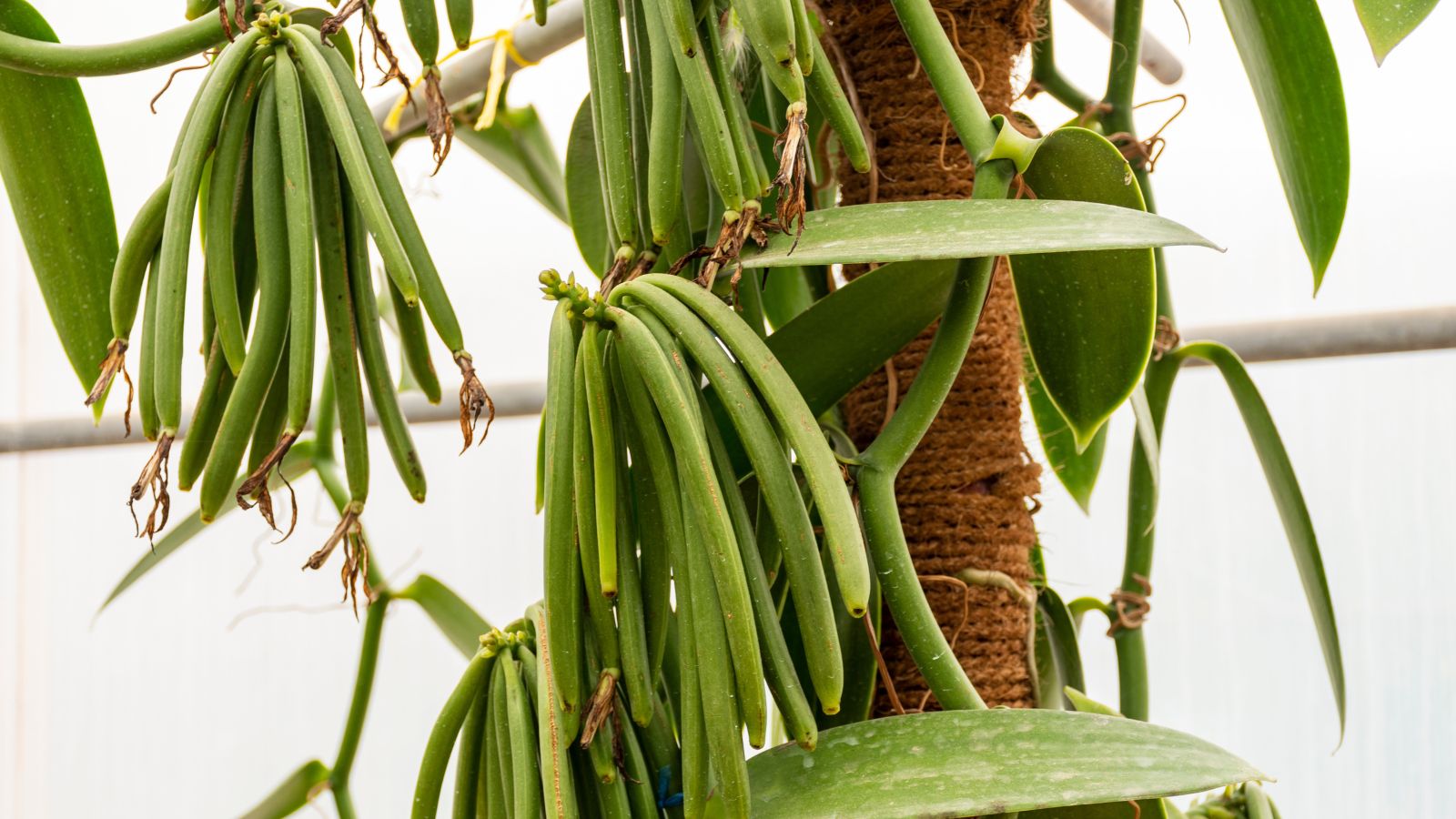
If you’ve ever done your research on vanilla, you’ll know that its beans come from orchids that are notoriously difficult to grow and pollinate. In fact, these plants only grow well in a handful of US states, and in certain regions, cultivating them may be restricted because they require very specific conditions and can attract harmful pests.
Truffles (Without Permission)
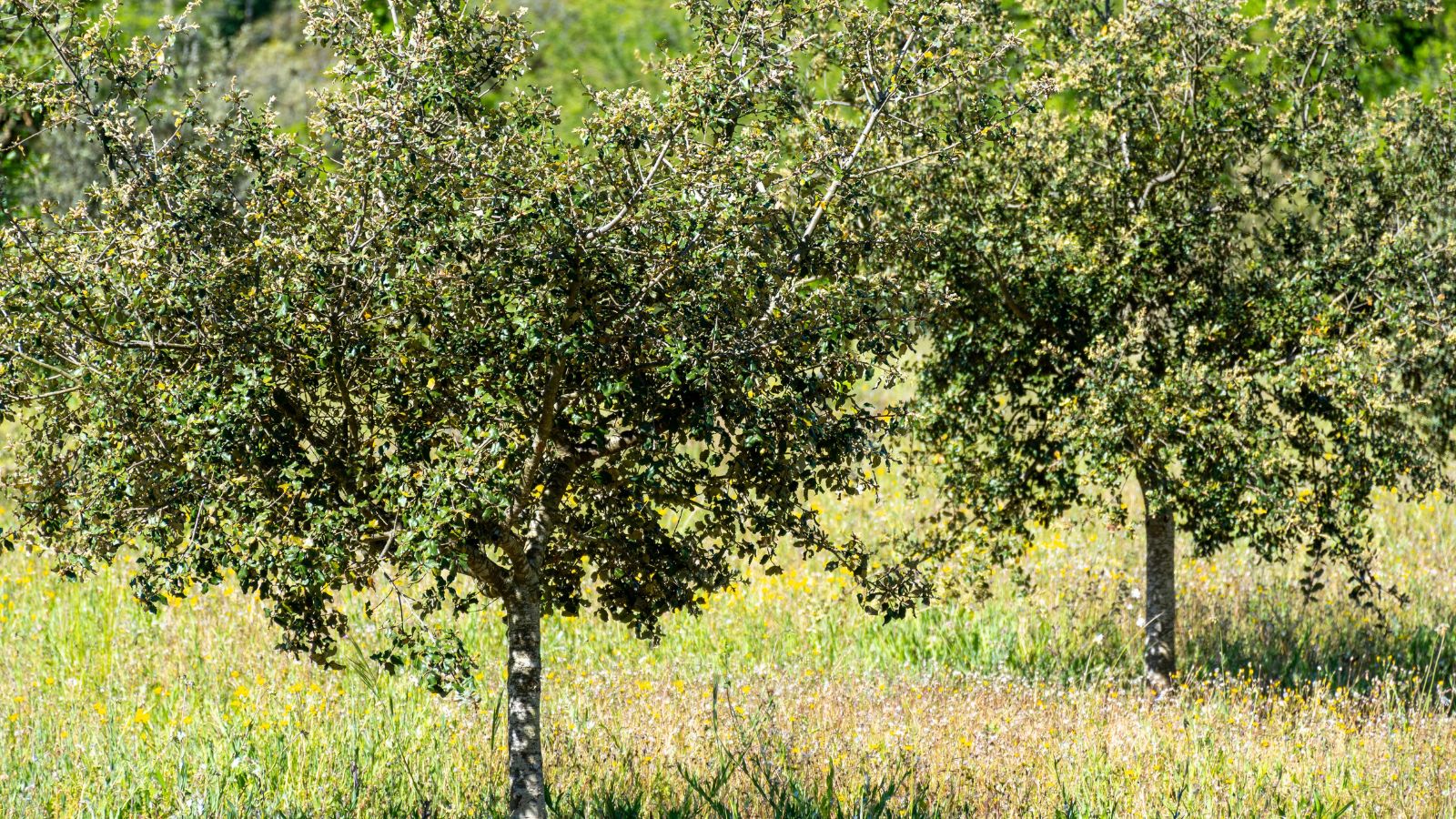
We all know that truffles are a prized delicacy, but growing them isn’t quite as simple as planting a tree. The fungi need specific host trees and highly regulated growing conditions. Plus, in some areas, growing certain truffle species without a permit is illegal.
Peanuts
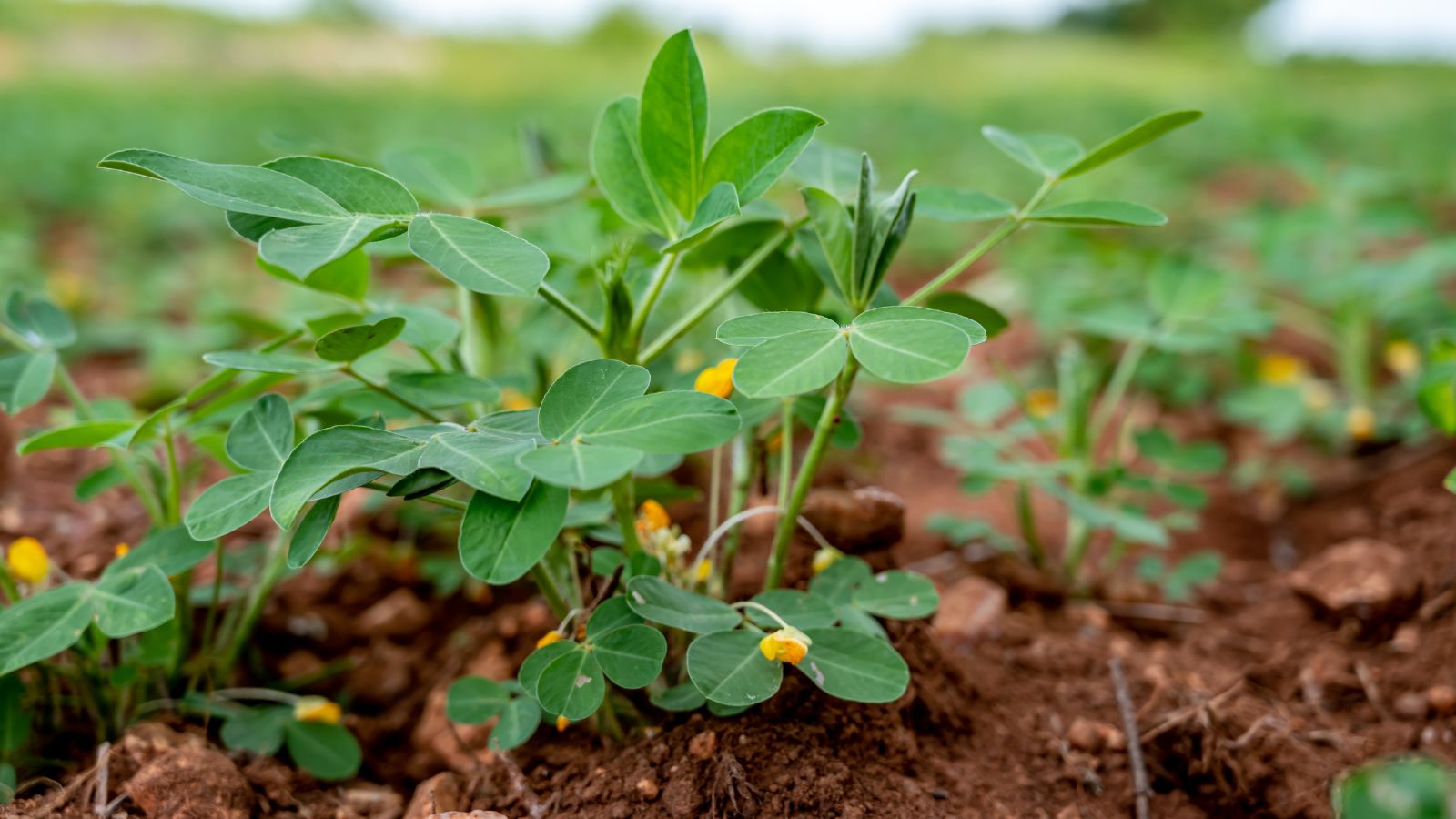
Peanuts are one of the most popular snacks in America, but growing them at home can be tricky. In some regions, they’re also restricted for several reasons, including the fact that they come with the risk of spreading aflatoxins: harmful fungi that thrive in peanut crops and can contaminate soil and nearby plants.
Coffee Plants
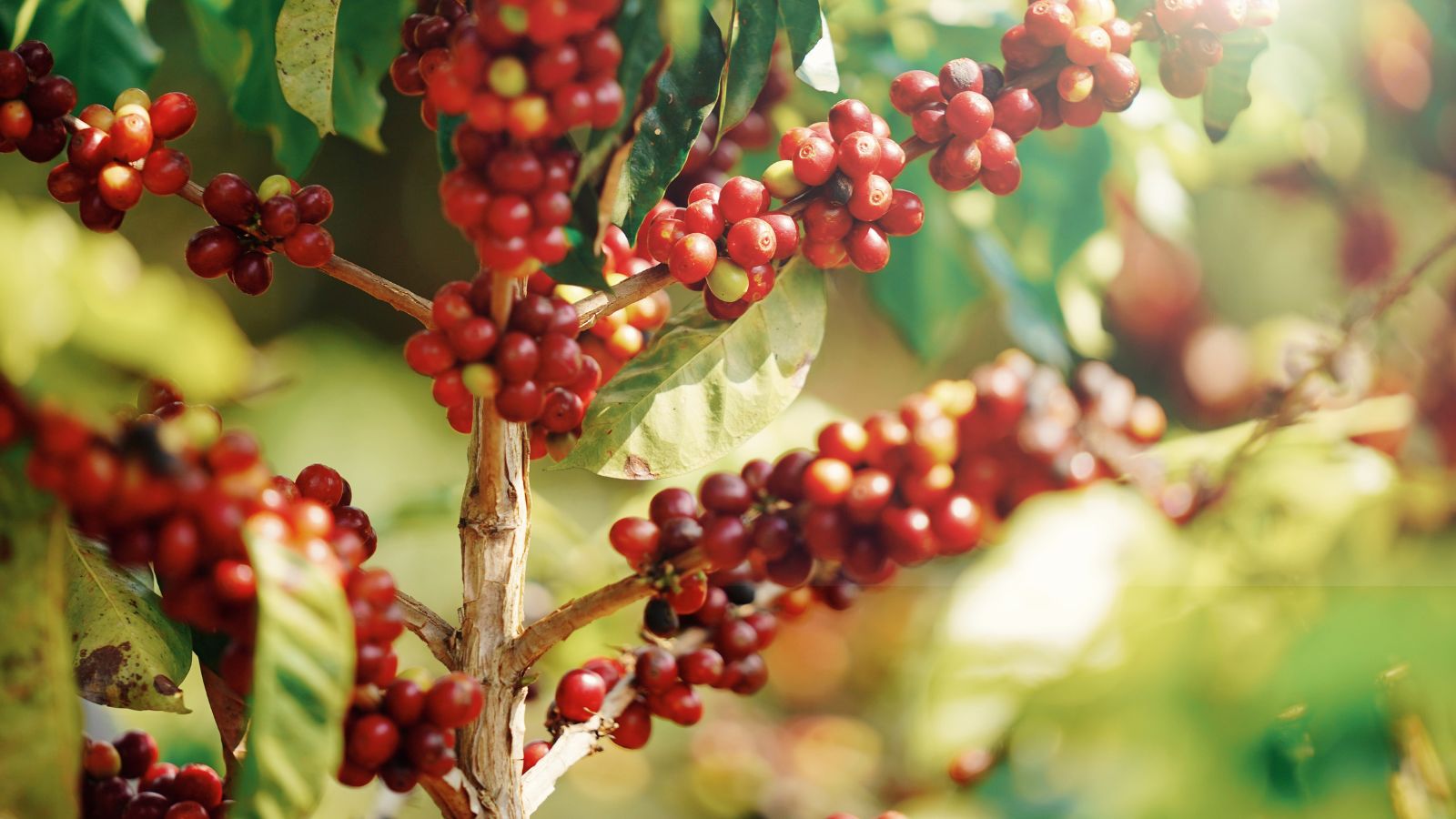
A lot of people can’t go a day without their daily caffeine fix, but is growing your own coffee plants a good idea? Not really. These plants are often regulated in non-native regions due to their vulnerability to pests like coffee berry borer. The other problem is that these pests can spread to commercial coffee farms, leading to significant agricultural losses.
Apples (Certain Varieties)
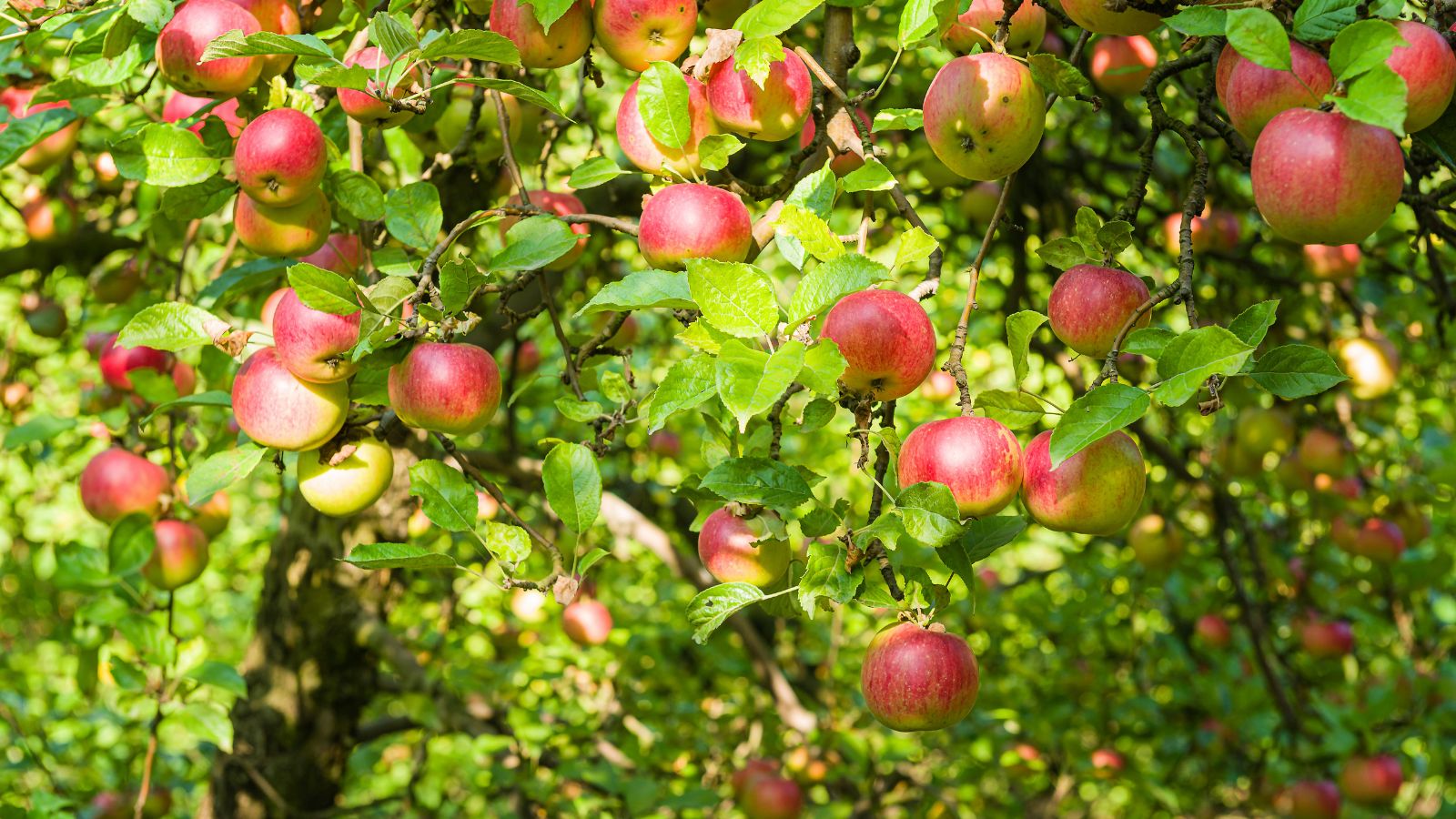
You’d think that apples should always be a safe bet, but in reality, some varieties are heavily discouraged or restricted in certain regions due to the risk of spreading diseases like apple scab or fire blight. It’s best to stick to disease-resistant varieties to minimize the risk to commercial orchards.
